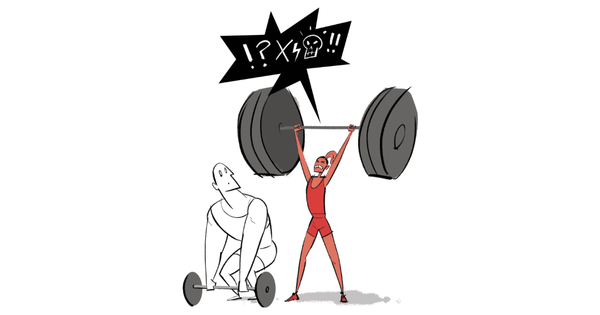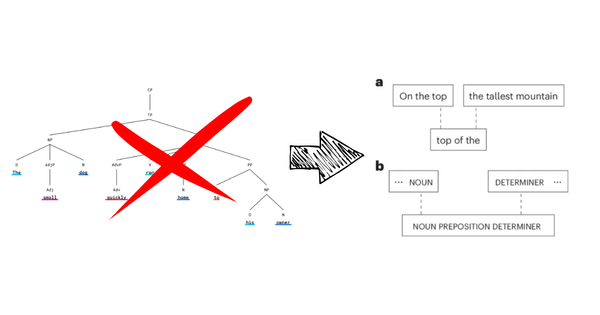‘dog’ vs. ‘horse’ in Native American languages
Why are dogs called ‘little horses’ in some Native American languages?

One of my favorite facts about Native American languages is the history of words for ‘dog’ and ‘horse’. After Europeans reintroduced the horse to North America, horses quickly became a common feature of everyday life in many Native American communities.
Prefer a video version of this post? Watch here!
What did Native American communities call these new animals? Many languages used words meaning ‘big dog’ or ‘big pet’:
-
Chitimacha
- kixdog
- qatinbig
‘horse’
Swadesh (1939: 73)
-
Inuktitut
qimmiqjuaq
- qimmiq‑juaqdog‑big
‘horse’
-
Plains Cree
mistatim
- misi‑atimwbe.big‑dog
‘horse’
Wolvengrey (2001: 285, 335, 400)
Horses became so common in some areas that people no longer had to clarify what type of “dog” or pet they were talking about—a big dog (a horse) or a regular dog. They could simply say the word for ‘dog’ and others knew they meant ‘horse’. In other words, the default meaning of the word shifted from ‘dog’ to ‘horse’.
But this caused a problem: How did people clarify when they were referring to dogs specifically, rather than horses?
One common solution was to call dogs ‘little horse’!
One of my favorite examples of this comes from Navajo. Navajo originally had a word łį́į́ʼ ‘pet’. After the reintroduction of horses, the meaning of łį́į́ʼ shifted from ‘pet’ to ‘horse’. Then, to refer to dogs, Navajo speakers created a new word, łééchąąʼí, which literally means ‘shit-eating pet’, because dogs are known to eat shit!
When a word changes its meaning so that it no longer uniquely refers to the original concept, forcing speakers to create a new term for the original concept, that new term is called a retronym. Other examples of retronyms in English are:
- brown rice: all rice was originally brown
- dairy milk: dairy milk used to be the only kind of milk
- dark chocolate: dark chocolate used to be the only kind of chocolate
- hard cider: all ciders were originally alcoholic
Fun bonus fact: The term retronym was coined in 1980 by the president of National Public Radio (NPR), Frank Mankiewicz.
📖 Recommended Reading

📑 Bibliography
- Swadesh, Morris. 1939. Chitimacha-English dictionary. In Morris Swadesh, Chitimacha grammar, texts, and vocabulary (American Council of Learned Societies Committee on Native American Languages, Mss. 497.3.B63c G6.5). American Philosophical Society Library.
- Wolvengrey, Arok (ed.). 2001. Cree: Words / nêhiyawêwin: itwêwina / ᓀᐦᐃᔨᐍᐏᐣ ᐃᑘᐏᓇ, Vol. 2: English–Cree. University of Regina Press. (Amazon | Bookshop.org)
If you'd like to support Linguistic Discovery, purchasing through these links is a great way to do so! I greatly appreciate your support!
Check out my entire Amazon storefront here.




